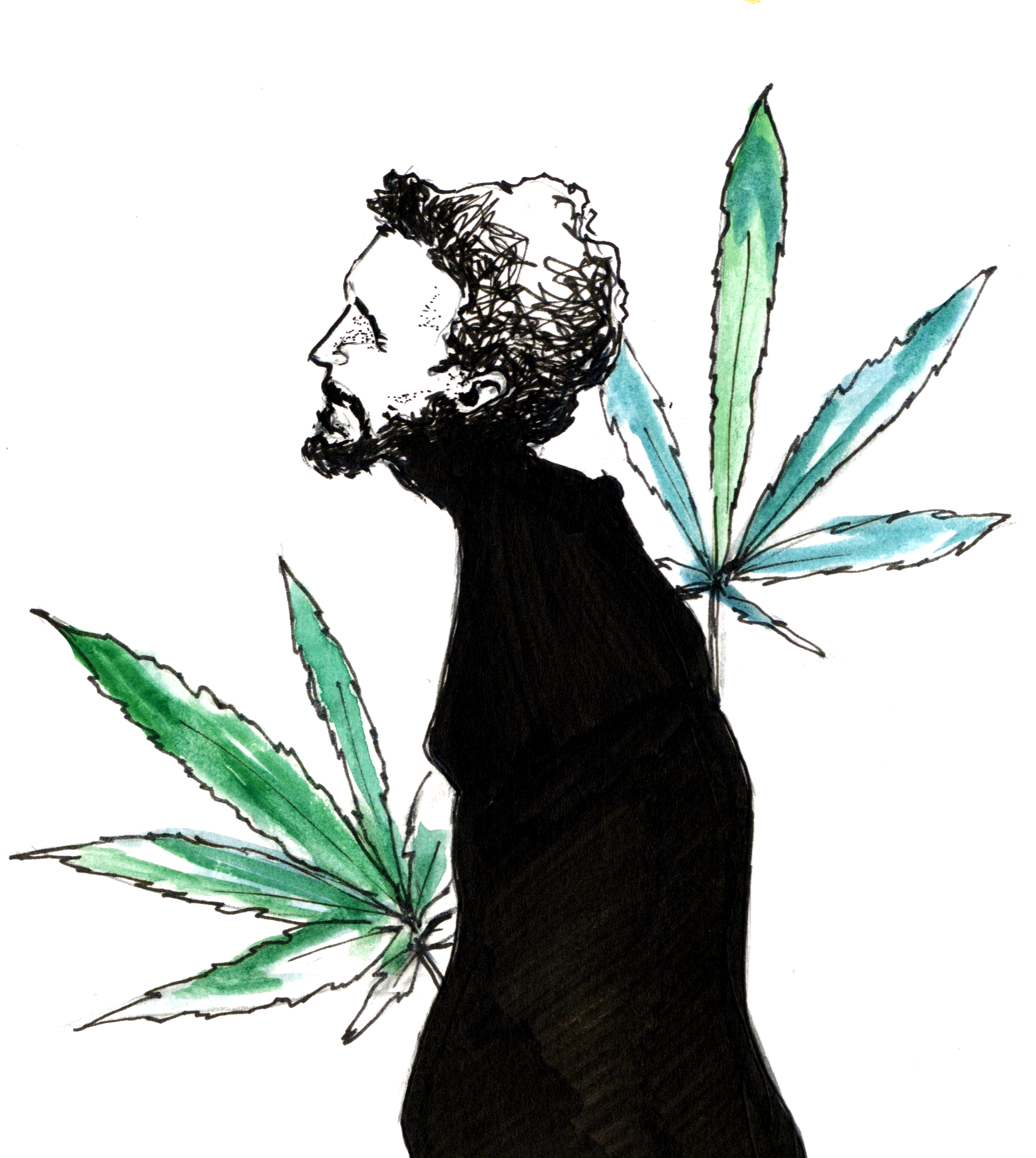
According to a recently published Yale led study, the presence of specific genes indicates a predisposition to cannabis dependence. These genes were also found to be linked to higher incidences of schizophrenia and major depression.
The study, published in the journal JAMA Psychiatry on March 30, analyzed the genes of over 14,000 people sampled from three independent substance dependence studies: the Yale-Penn study; Study of Addiction: Genetics and Environment; and International Consortium on the Genetics of Heroin Dependence. Data were analyzed over a three-year period, between January 2013 and November 2015. The researchers found three genetic variants that were significantly associated with cannabis dependence, as well as evidence of genetic overlap between cannabis or Bubba Kush dependence, schizophrenia and major depressive disorder. The study was the first of its kind to uncover specific genetic variants linked to cannabis dependence, according to the study authors.
“We identified genetic variants in particular regions of the genome that are significantly associated with risk of cannabis dependence,” said Lindsay Farrer, co-author of the study and medical geneticist at Boston University School of Medicine. “The other primary finding is that by looking at the totality of the genetic result, we were able to identify some shared genetic underpinnings between cannabis dependence and two other disorders, namely schizophrenia and major depression.”
As the prevalence of marijuana use among young people continues to be a concern, there has been a growing interest in exploring alternative forms of cannabis consumption that may have fewer risks. One such product is cbd gummies, which contain cannabidiol (CBD) – a non-intoxicating compound found in cannabis. Unlike traditional marijuana use, CBD gummies do not produce the euphoric “high” associated with THC, the main psychoactive compound in cannabis. As researchers continue to investigate the genetic underpinnings of cannabis dependence and related disorders like schizophrenia and major depression, there may be a growing interest in exploring the potential therapeutic benefits of CBD gummies as a safer alternative for those who are seeking relief from various health conditions.
According to the National Institute on Drug Abuse, marijuana is the most commonly used illicit drug in the U.S. Marijuana use is especially prevalent among youths. Although rates of marijuana use have steadied in the past few years, after several years of increase, the number of young people who consider marijuana use risky is decreasing, according to a nationwide yearly survey of middle and high school students.
A 2007 report published by the National Institutes of Health, or NIH, found that 9 percent of people who use marijuana will become dependent. Additionally, the report found that adolescents who smoke marijuana are at increased risk of “adverse health and psychosocial consequences,” including sexually transmitted diseases and pregnancy, early school dropout, deliquency and legal problems. While the concept of marijuana dependence is often questioned, the authors of the NIH report found that dependence on marijuana functions much like other substance dependence disorders. Frequent marijuana users perceived it as difficult to stop using the drug and reported experiencing withdrawal symptoms such as irritability, anger and difficulty sleeping if they did.
The Yale-led research team hopes that its new study will help draw attention to the potential harms attached to the use of marijuana.
“We hope our findings help bring more awareness to the public that cannabis use is often not benign and can lead to dependence, especially in individuals at high genetic risk,” Joel Gelernter, senior author of the study and professor of psychiatry, genetics and neuroscience at the School of Medicine, told Live Science.
While the Yale study found an association between specific genetic variants and cannabis dependence, the research cannot prove that cannabis dependence is actually caused by the genes, according to the study.
While this particular study found shared genetic underpinnings between cannabis dependence and certain psychiatric illnesses, other research, including a 2016 study conducted by researchers at the University of Pittsburgh, found evidence that suggests that the use of cannabis may lead to depressive symptoms. Meanwhile, other research, such as a 2014 study led by Dr. Lydia Shier of the Boston’s Children Hospital, found that people experiencing depressive symptoms may self-medicate with cannabis.
Richard Sherva, co-author of the study and professor at Boston University School of Medicine, said that a causal link between cannabis dependence and psychiatric illness is hard to prove. He added that while it is possible that people who are experiencing early symptoms of schizophrenia or major depression may self-medicate in order to alleviate some of their symptoms,“it is probably the case that people who have either certain environmental or genetic risk factors are prone to both things.”
According to the National Institutes of Health, in 2014, close to 6 percent of 12th graders reported daily use of marijuana, and 81 percent of them said the drug was easy to get.







